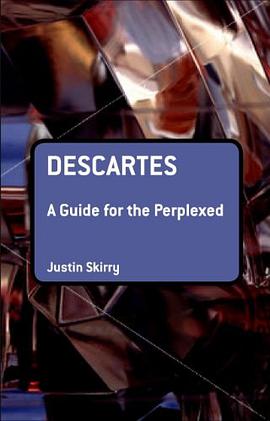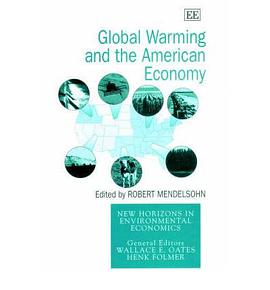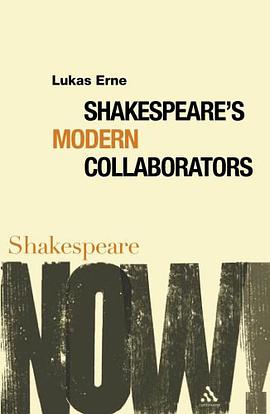

具体描述
Do middle powers matter geopolitically to great powers when confronting the unconventional, twenty-first-century threats from nation-states or nonstate actors? By studying certain middle power politics in the heart of early, anarchical, and volatile post-Cold War Europe, we can better grasp the impact such middle powers have in the aftermath of September 11, 2001. Bridging the European Divide explores how key regional middle powers perceived and advocated their political power options, and tells the largely untold story behind the motives of significant middle power decisions and repercussions. Such regional alignment decisions stemmed from the ideas, opportunities, and realities necessary to transform nation-states amid acute regional uncertainty, global upheaval, and international systemic change. In order to achieve a better understanding of how to bridge the post-9/11 gap between changes in material incentives and the role of ideas, Spero smartly connects two different types of power politics-ways of assessing security dilemmas and foreign policy decisions, and reasons why middle powers and their geopolitical roles matter to great powers.
作者简介
目录信息
读后感
评分
评分
评分
评分
用户评价
相关图书
本站所有内容均为互联网搜索引擎提供的公开搜索信息,本站不存储任何数据与内容,任何内容与数据均与本站无关,如有需要请联系相关搜索引擎包括但不限于百度,google,bing,sogou 等
© 2026 book.wenda123.org All Rights Reserved. 图书目录大全 版权所有




















